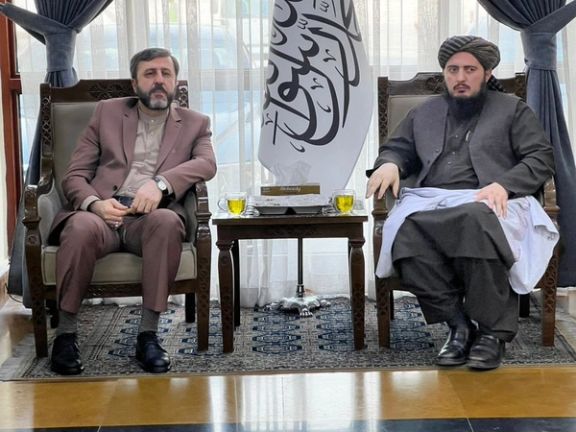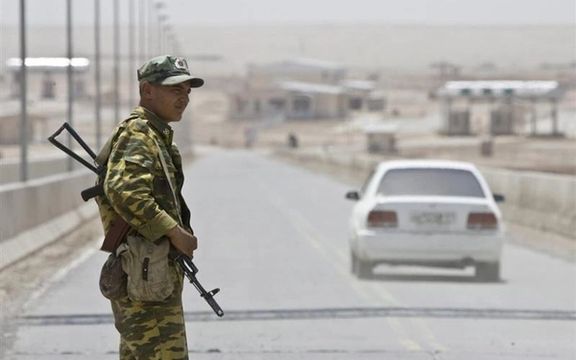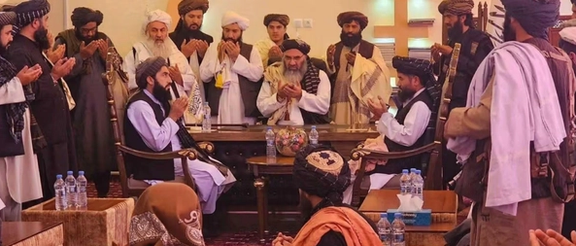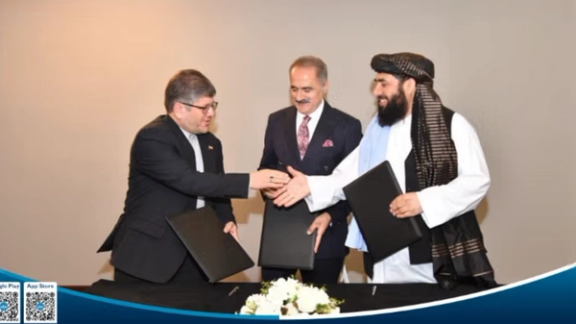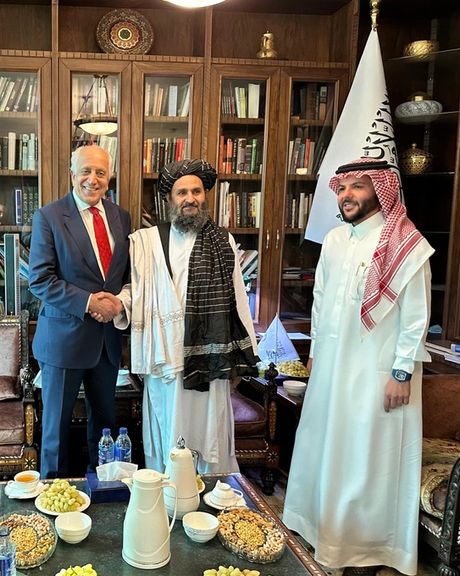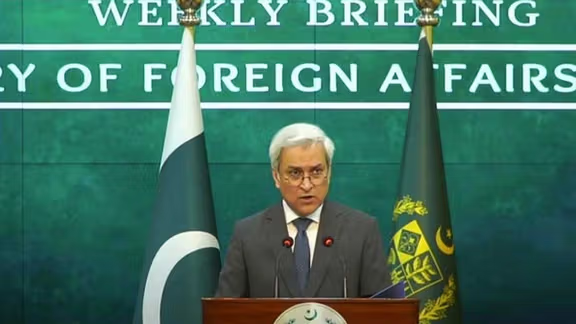Sources in Kabul told Afghanistan International that a six-member Taliban delegation, led by Rahmatullah Najib, the group’s deputy interior minister, is representing the Taliban administration. Other members include Suhail Shaheen, the Taliban’s representative in Qatar; Anas Haqqani, a senior Taliban figure; Noor Ahmad Noor, first political director at the Taliban’s Foreign Ministry; Noor Rahman Nusrat, head of operations at the Taliban Defence Ministry; and Abdul Qahar Balkhi, spokesperson for the Foreign Ministry.
The sources confirmed that the second phase of Taliban–Pakistan negotiations officially began on Saturday. The discussions are expected to focus on preventing the use of Afghan territory for attacks against Pakistan, intelligence sharing on militant groups, extension of the ceasefire, and mutual respect for territorial integrity and airspace.
According to sources, the Pakistani delegation includes senior diplomats and officials from the country’s intelligence agency.
The Istanbul round follows the first meeting held in Doha, where the defence ministers of both countries, Mohammad Yaqoob Mujahid from the Taliban and Khawaja Asif from Pakistan, signed a temporary ceasefire agreement. However, the full details of that accord remain unclear.
Pakistan has described the Doha agreement as confidential, while the Taliban maintain that it contains no secret provisions and has yet to be finalised.
